FORMER POLAND'S FOREIGN MINISTER WITOLD WASZCZYKOWSKI SAYS ,GERMANY SHOULD PAY IN POLAND AS $1 TRILLION IN WAR WORLD WAR II REPARATIONS
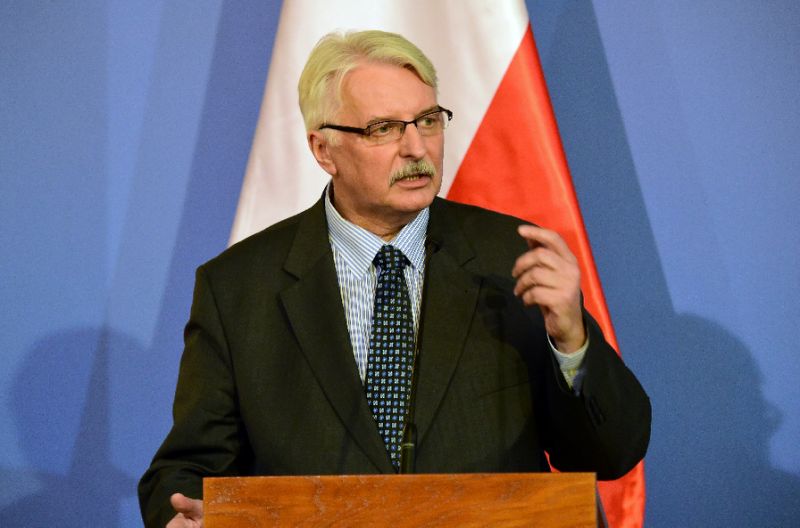 Poland’s
government has shed the country’s “negro mentality” when it comes to
relations with the United States, former Foreign Minister Witold Waszczykowski
said on Polish public television.
Poland’s
government has shed the country’s “negro mentality” when it comes to
relations with the United States, former Foreign Minister Witold Waszczykowski
said on Polish public television.What are Warsaw’s worries these days?As in most countries, domestic issues like the economy are the biggest day-to-day concerns for most people. When it comes to foreign policy, the behemoth to the east Russia overshadows everything. Polish officials are keenly aware that they have Trump’s ear as he heads into bilateral talks with Russian President Vladimir Putin on Friday on the sidelines of the summit in Hamburg. Like all NATO allies that have Russia as a near neighbor, Poland has a keen interest in the degree of Trump’s commitment to the NATO alliance’s fundamental principle, which states that an attack on one is an attack on all.The new committee was formed after Polish lawmakers Arkadiusz Mularczyk and Jozef Menes dug out a 1969 UN document, which they claim proves Poland, has in fact, not relinquished its right to war compensation from Germany. Waszczykowski was interviewed by a local radio station RMF when he said that “serious talks” were needed with Poland’s neighbour to “find a way to deal with the fact that German-Polish relations are overshadowed by the German aggression of 1939 and unresolved post-war issues”. He added that Germany was “shirking” its moral responsibility.Polish defense minister Antoni Macierewicz similarly accused European critics of his government that they were busy “erasing” the fate that Poles suffered at Nazi hands during the war “from the historical memory of Europe”. The war killed a fifth of the Polish population.In 1953, Poland’s former communist government said claims to reparations from Germany were no longer possible. Some six million Polish citizens were killed during the war and much of Warsaw wasdestroyed. Waszczykowski did not expand his demand to include a time frame on a public formal position on repatriations from Poland, suggesting that his comments were rather a criticism of Germany’s role in the EU. The European Union launched legal action in July against a number of East European states over migrant quotas, and the PiS says Berlin wields too much influence within the EU.
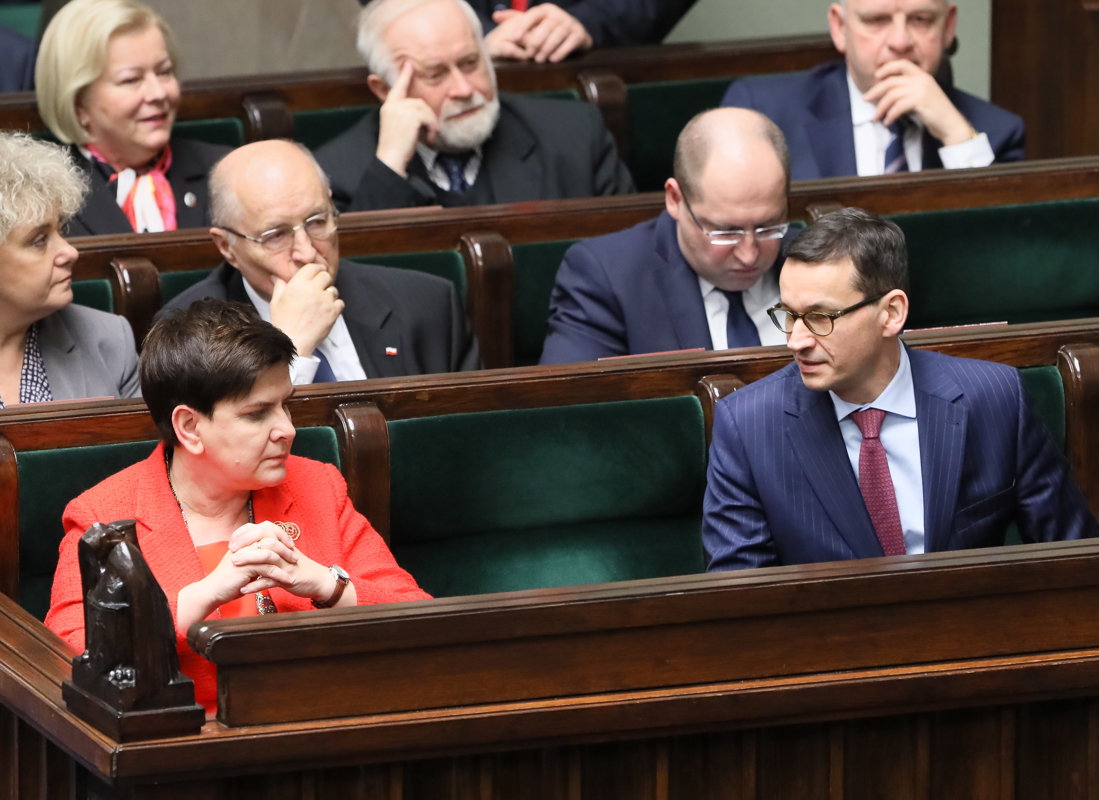 Polish president Andrzej Sebastian Duda, former the Prime Minister, Beata Szydło,Poland's populist government has harnessed, legitimized, and the ruling right-wing Law.Polish a right-wing, populist, anti-immigrant government sees an ally in Trump.
Polish president Andrzej Sebastian Duda, former the Prime Minister, Beata Szydło,Poland's populist government has harnessed, legitimized, and the ruling right-wing Law.Polish a right-wing, populist, anti-immigrant government sees an ally in Trump.
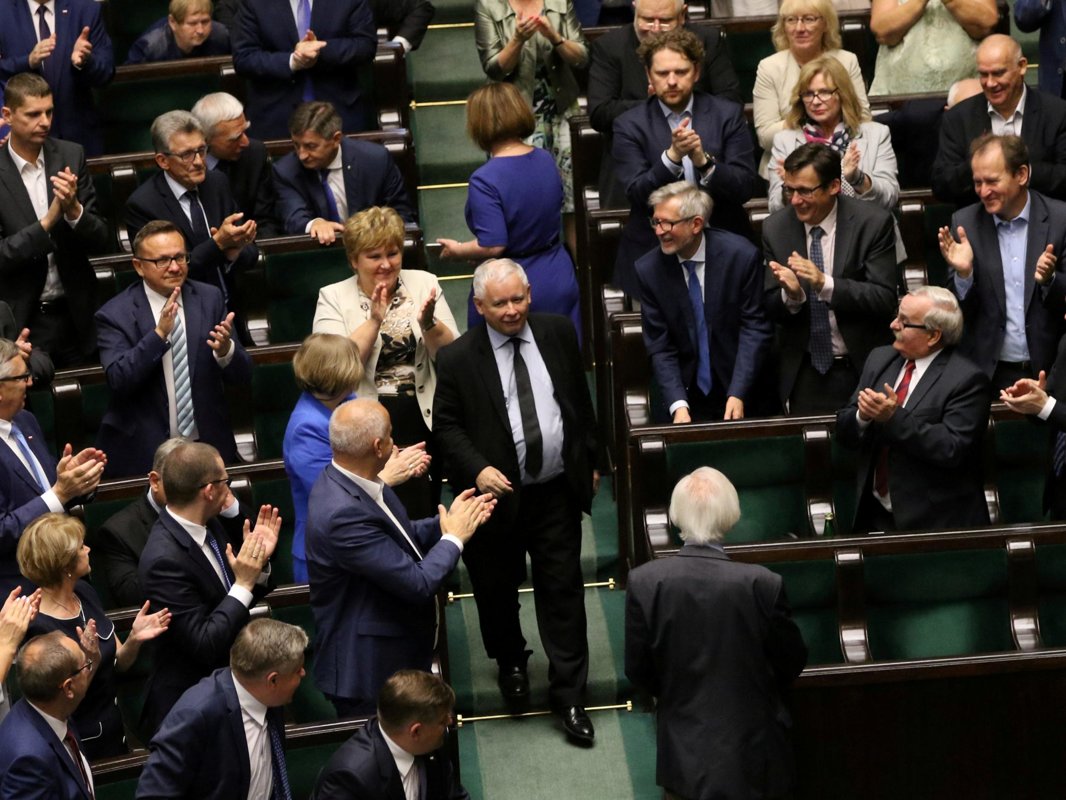 Polish MPs set up committee to calculate potential WWII reparations from Germany. A
senior Russian Communist Party MP also recently described the Polish
initiative as “empty words” and noted that he did not expect this issue
to have any tangible effect on international relations.
Polish MPs set up committee to calculate potential WWII reparations from Germany. A
senior Russian Communist Party MP also recently described the Polish
initiative as “empty words” and noted that he did not expect this issue
to have any tangible effect on international relations.
The Communist Workers’ Party of Poland,as the final machinations of the warring nations played out, a revolutionary wave was on the horizon. The havoc and destitution which followed the First World War rallied the working classes, and for many the events in Russia served as an inspiration. Poland was no different. In 1918, workers’, peasants’ and soldiers’ councils formed across the land. Some were quickly neutered by reformist and patriotic tendencies, others formed their own militias, the red guards, and openly challenged the rising Polish state for control. 1 All manner of militants got involved in their structures, vying for influence. Among these was the Social Democracy of the Kingdom of Poland and Lithuania (Socjaldemokracja Królestwa Polskiego i Litwy, SDKPiL), a sister party of the RSDRP, and the PPS-Left, an internationalist split from the social-patriotic Polish Socialist Party (Polska Partia Socjalistyczna, PPS). After years of common struggle, these two groups, the SDKPiL and the PPS-Left, would merge in 1918 to form the Communist Workers’ Party of Poland (Komunistyczna Partia Robotnicza Polski, KPRP). A year later, the KPRP, represented by the delegate Józef Unszlicht (in the absence of Julian Marchlewski), took part in the founding congress of the Communist International (Comintern). From that point onwards, the future of the Polish party was directly linked with developments in the International.Thousands of protesters in Poland gathered outside of parliament in Warsaw to voice opposition to a draft law reforming the judiciary.Fascist MPs sneak into parliament under banner of rock star’s party Poland’s hardcore fascist parties – the National Radical Camp (Obóz Narodowo-Radykalny, ONR) and the All-Polish Youth (Młodzież Wszechpolska, MW) – have traditionally been paramilitary and streetfighting organisations. But they launched an electoral alliance, the National Movement.The Communist Left in Poland,we can point towards two main currents on the left of the KPRP. The more forgotten, but also more interesting, were the so-called Grzechists (‘Grzechiści’) of the 1918-23 period, rallied around one of the KPRP founders Władysław Kowalski-Grzech. The label has been used to denote sympathisers of Grzech, but was most likely not the way they identified themselves. 5 The other was a group which in the years 1924-25 became known as the Berlin Four (‘czwórka berlińska’), consisting of Henryk Stein-Domski, Julian Leszczyński-Leński, Zofia Unszlicht-Osińska and Ludwik Henryk Prentki-Damowski.What follows is a short biographical sketch of Grzech and Domski prior to the formation of the KPRP. Before that however, a brief note to keep in mind: the politics of Grzech and the Grzechists should not be conflated with the politics of Domski (and especially the later Berlin Four). They were all on the left of the party and came to similar conclusions on a number of issues, but they never quite constituted the same faction.
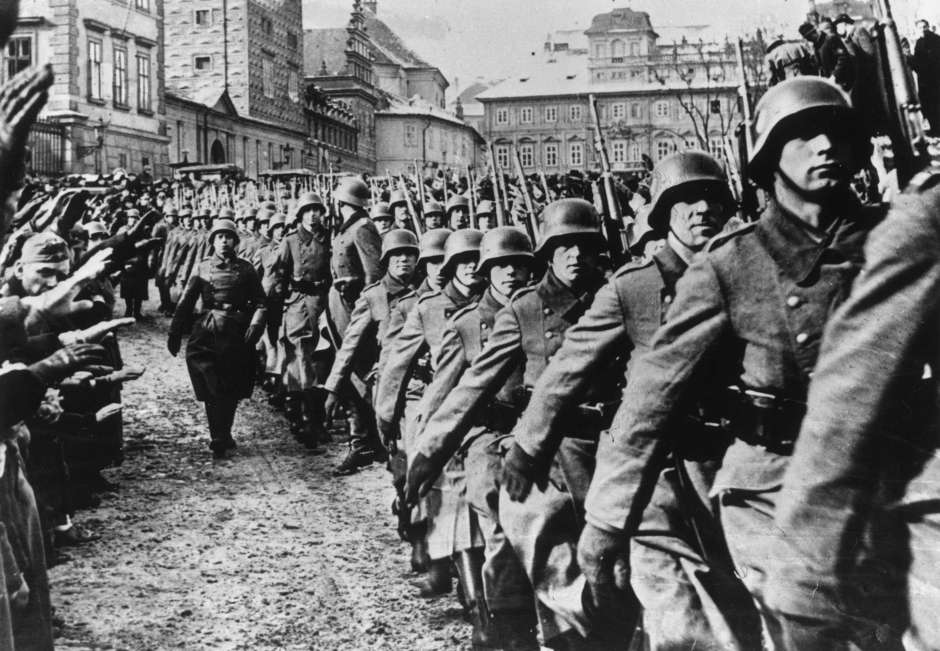
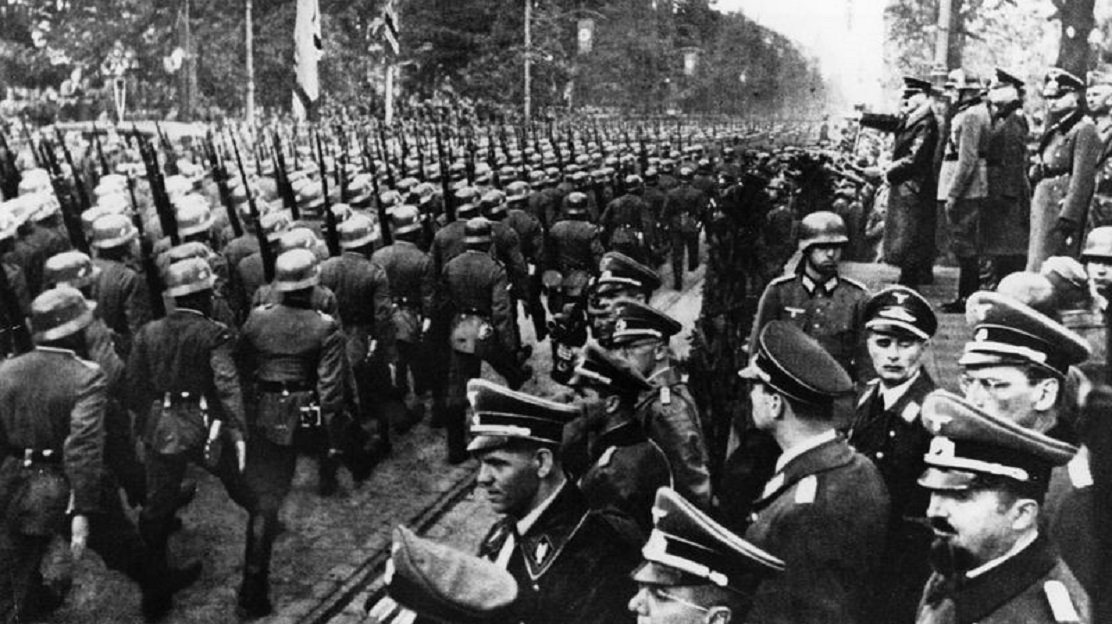 Poland has set up a parliamentary investigative committee to
calculate the amount of World War II reparations the country believes
it’s still owed by Germany following the invasion and consequent
occupation during World War II.The new committee was
formed after Polish lawmakers Arkadiusz Mularczyk and Jozef Menes dug
out a 1969 UN document, which they claim proves Poland, has in fact, not
relinquished its right to war compensation from Germany.
Poland has set up a parliamentary investigative committee to
calculate the amount of World War II reparations the country believes
it’s still owed by Germany following the invasion and consequent
occupation during World War II.The new committee was
formed after Polish lawmakers Arkadiusz Mularczyk and Jozef Menes dug
out a 1969 UN document, which they claim proves Poland, has in fact, not
relinquished its right to war compensation from Germany.